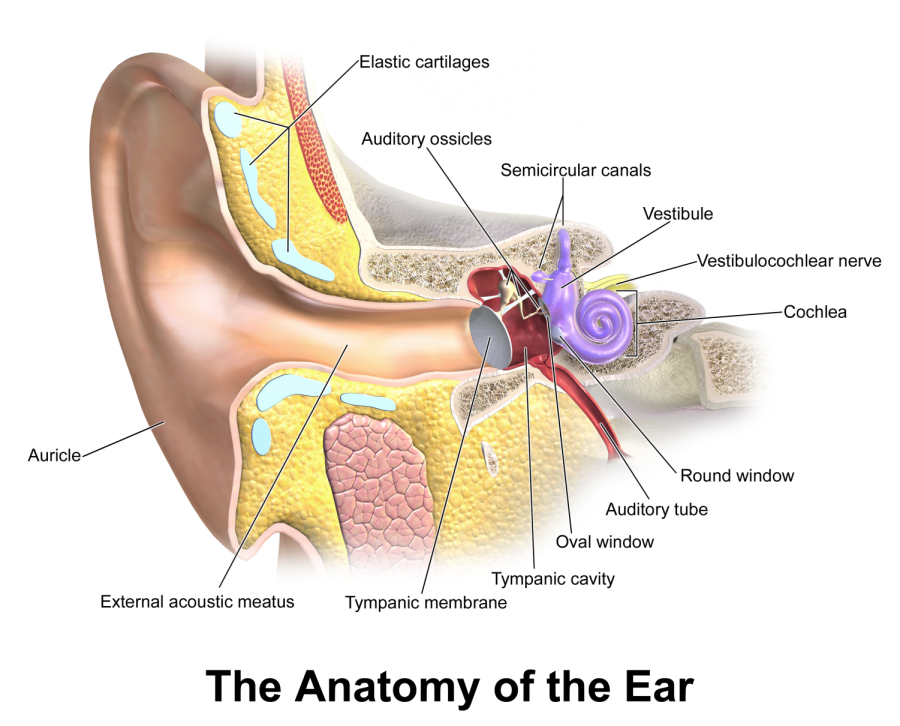When sounds collide: What auditory processing disorder is – and isn’t
It is easy to note someone has a disability when they are in a wheelchair, are wearing easily visible hearing aids or their arm is in a sling. Invisible disabilities are not so evident and thus more problematic for the person who has one.
Auditory processing disorder (APD) is one such invisible disability. It is not hearing loss, but rather a condition of the central nervous system that muddles auditory signals to the brain. A person with ADP may be incapable of distinguishing background noise from the spoken word or find it difficult to follow a multi-way conversation.
APD is “often missed, or mislabeled” according to SIU audiologist Atheana Meadows. She said both children and adults with the disorder may never get a diagnosis at all, or may be misdiagnosed with other learning challenges such as ADHD or Autism Spectrum Disorder.
Advertisement
In the book “When the Brain Can’t Hear,” Dr. Teri Bellis said millions of people in the U.S. have difficulty understanding spoken language even though they are not deaf or on the autism spectrum or slow at learning. APD, the author said, can affect patients socially (with an inability to interpret the social cues of language) and financially (because of impact on the ability to find and hold jobs).
The National Institutes of Health estimates about 5 percent of school aged children have some sort of APD, yet many educators don’t even know it exists. Numerous students of primary and secondary school teachers found few have heard of APD, and even fewer have been trained in how to deal with students who have it.
“Many people do not realize that just because a child passes a basic hearing test, it does not mean that a listening problem has been ruled out. Any child who experiences difficulties attending to speech, understanding speech, remembering what has been heard, and/or tolerating noise may benefit from auditory processing testing,” according to the website for the Auditory Processing Center, a specialized practice in Clinton, Mississippi.
The center lists some of the following symptom of APD:
- Frequently requesting repetition and/or rephrasing of information, saying “what” or “huh” often
- Slowness in processing and responding to auditory information
- Overwhelmed by complex or noisy auditory environments (i.e. classrooms, parties, shopping malls)
- Misinterpretation of questions
- Difficulty remembering spoken information
- Poor memory for lists of words and numbers
- Poor reading fluency and/or reading comprehension
- Poor spelling skills, with better performance when quizzed one-on-one
- Difficulty interpreting prosody and tone of voice cues that underlie emotion, humor, and sarcasm and may be likely to interpret messages literally or get feelings hurt easily
- Difficulty finding the right words to use
- Become frustrated with certain tasks. (i.e. saying “I don’t understand” or “I don’t know what you mean”)
The center says early intervention is key, but even adults diagnosed later in life can find benefits from audio processing therapies.
Advertisement*
Advertisement










